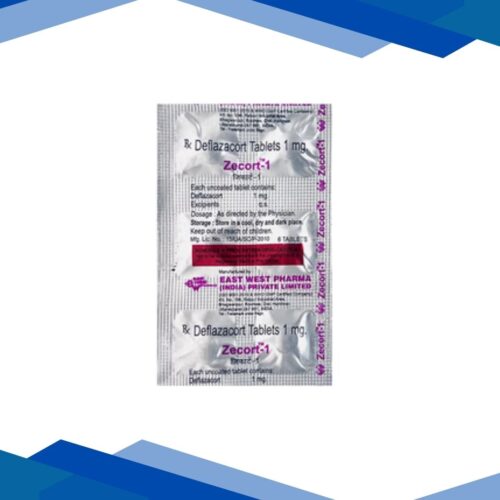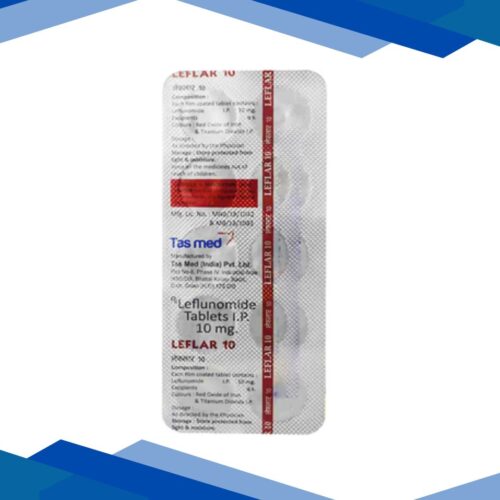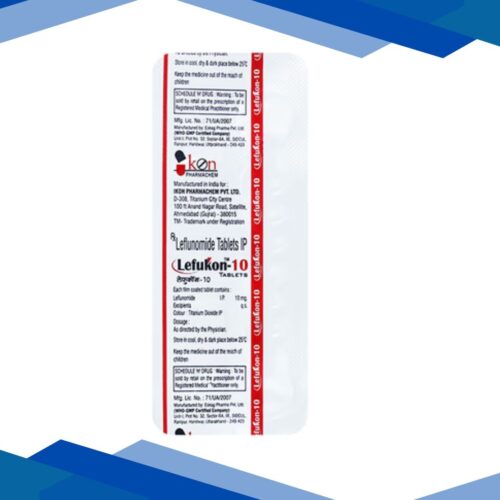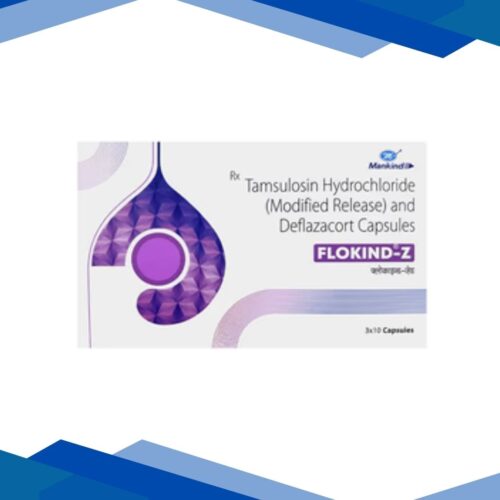ETAMSYLATE
Overview:
Etamsylate is a hemostatic medication designed to reduce or stop bleeding. It achieves this by strengthening blood vessel walls and enhancing the function of platelets, thereby helping to prevent or manage abnormal bleeding. This medication is often used in cases of heavy menstrual bleeding, surgical bleeding, or bleeding from small blood vessels.
Classification: Hemostatic agent
Uses:
Etamsylate is used to treat and prevent various bleeding disorders. It proves particularly effective in treating conditions like menorrhagia (heavy menstrual bleeding), postoperative bleeding, and bleeding from small blood vessels, known as capillary bleeding. Furthermore, it is used during minor surgeries, dental procedures, or for patients with fragile blood vessels to help control or prevent bleeding.
How It Works:
Etamsylate works by strengthening the resistance of capillary endothelial cells and enhancing the adhesion and aggregation of platelets at sites of vascular damage. It aids in hemostasis without affecting the coagulation cascade, and it does not alter clotting factors or fibrinolysis. Its primary action is on the initial phase of hemostasis, making it particularly effective in managing capillary bleeding and platelet-related hemorrhages.
Dosage:As prescribed by your doctor.
Side effects:
Headache
Nausea
Vomiting
Stomach pain/discomfort
Dizziness
Precautions:Etamsylate should be used cautiously in individuals with a history of allergies or asthma due to the risk of hypersensitivity reactions. It is recommended to avoid its use in patients with existing thromboembolic disorders or those susceptible to blood clots, unless a doctor confirms its safety. This medication is not intended to replace treatments for severe bleeding caused by clotting factor deficiencies. Its administration during pregnancy and breastfeeding should be under medical supervision. For long-term use or in patients with bleeding disorders, regular monitoring is essential.
Disclaimer:This content is for informational purposes only. Always consult a healthcare provider for medical advice and proper dosa











